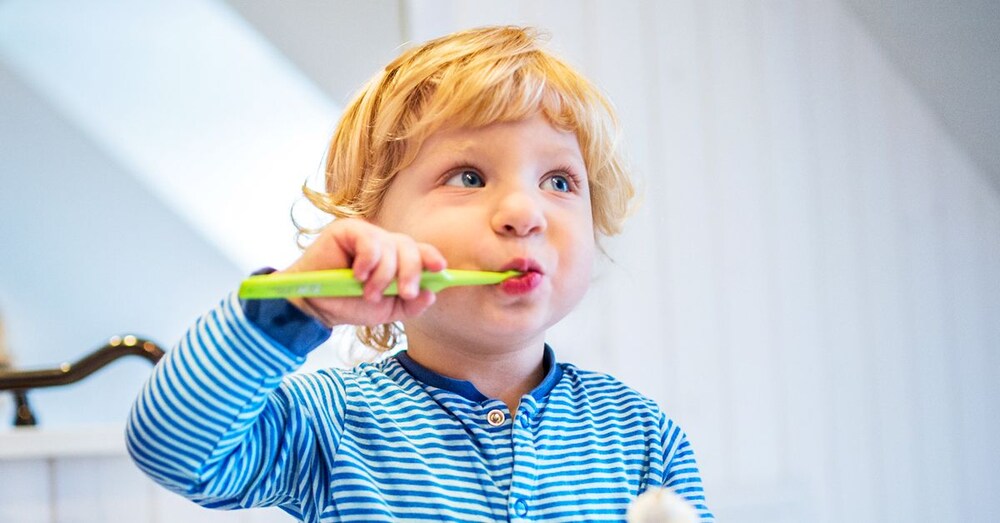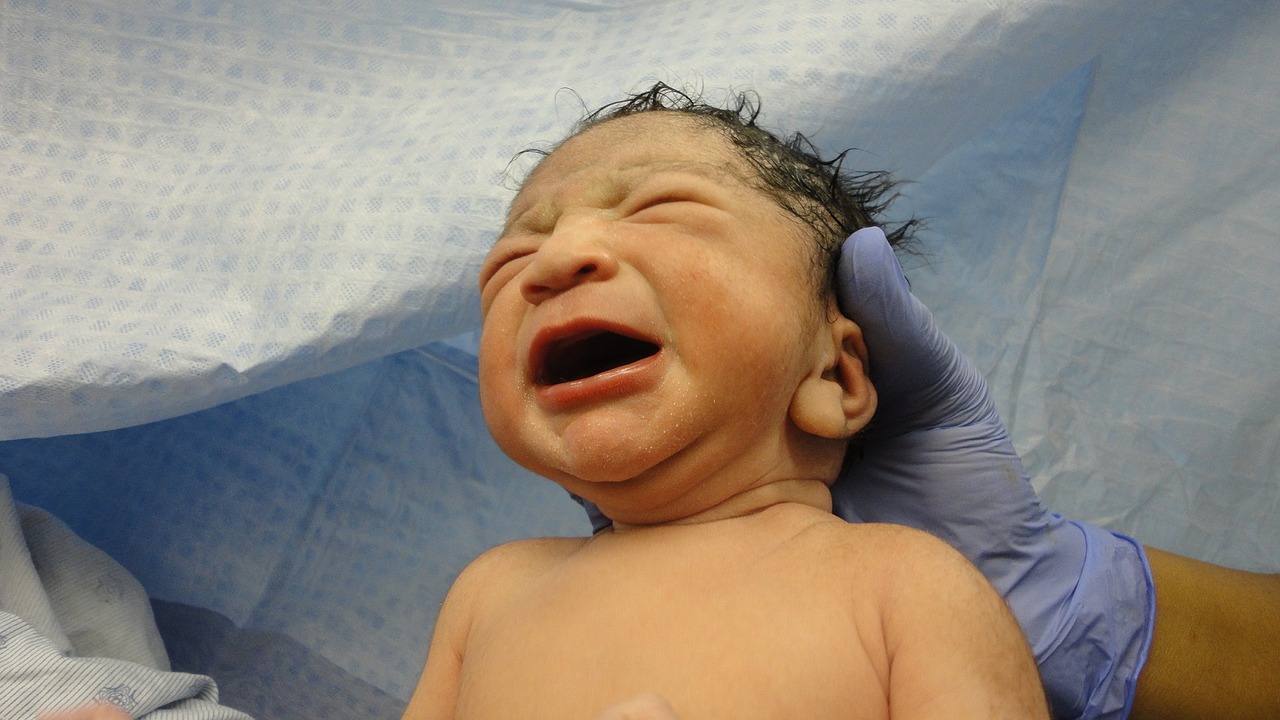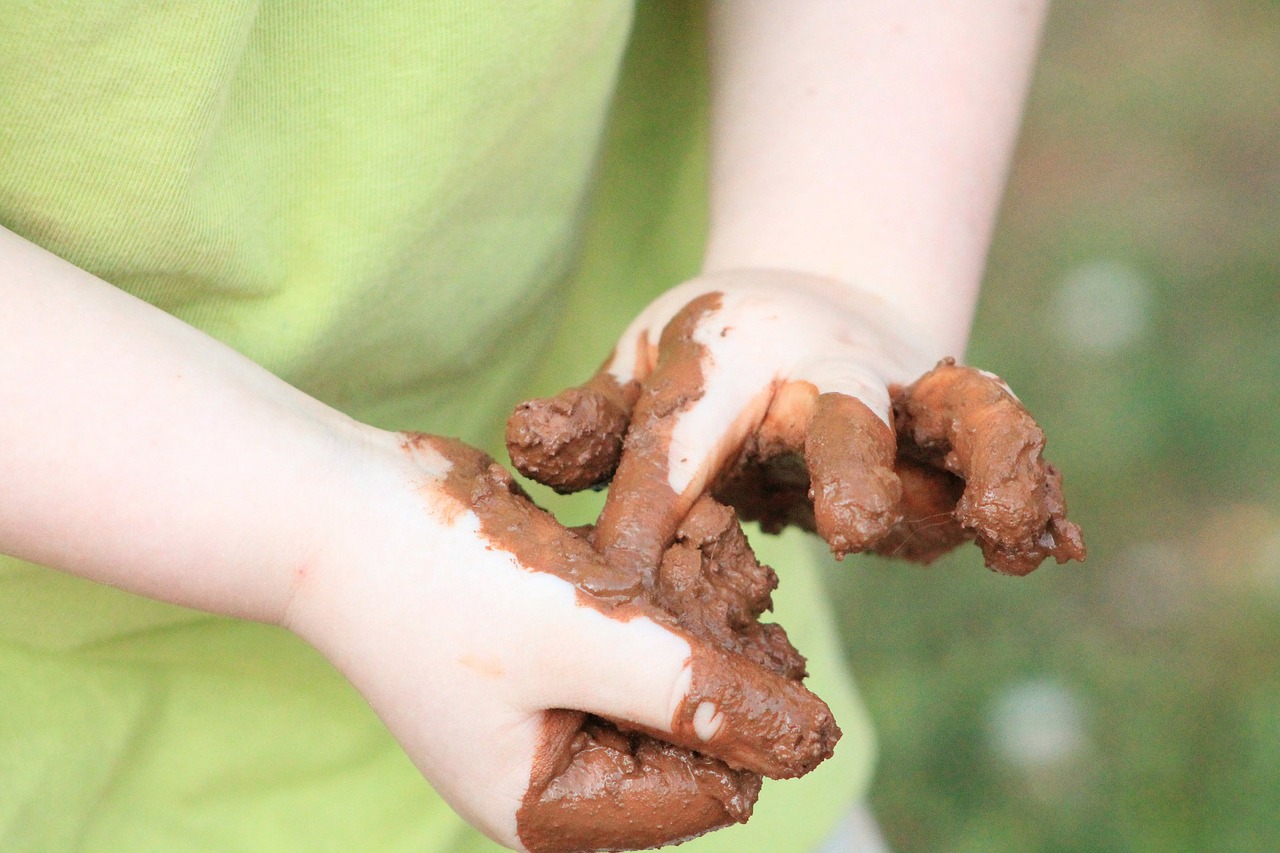
Laiba, a five-year-old girl has been experiencing bad breath for several months. She brushes her teeth regularly twice a day under her mother’s supervision but still has a smelly breath. Bad breath in adults or in children is a medical condition known as halitosis. It becomes a social problem when it affects daily socialization of an individual.sni
According to research, it is the third most common reason for people to seek medical assistance. Dr Uzma Haroon, a dentist from Peshawar says that majority people get affected by it some time in their life. It becomes a great trouble if it persists for prolonged periods due to medical conditions.sni
Causes of bad breath
According to American Dental Association, dietary culprits, illness, nasal issues, poor dental hygiene and tooth decay may stimulate halitosis in children.sn
Bacterial growth
Dr Uzma highlights that bad breath is commonly due to bacterial growth on tongue and in mouth. The foremost thing is poor oral and dental hygiene because it creates a number of bacteria in mouth. Sometimes, it becomes difficult to ensure that children are brushing, flossing and rinsing thoroughly and regularl. This leaves the mouth favorable for bacterial growth.sni
Moreover, many children put foreign objects like pacifiers, toys, fingers or thumb in their mouths. These also result in the growth of bacteria on the surface of tongue.sni
Mouth breathing
Dr Ammarah, a dentist based in Abbottabad says that there is also a strong connection between mouth breathing and bad breath. Saliva helps wash away bacteria, viruses and food particles that produce mouth odor and prevents tooth and gum disease. When a child breathes through the mouth because of stuffy nose or as a sleep habit, it prevents the sufficient flow of saliva hence causing the problem.sni
Dietary culprits and medicines
Some types of foods like onion, garlic, cheese and citrus trigger bad smell temporarily. Sometimes certain medicines cause foul smell as well.sni
Diseases
Mouth sores, cavities, gum and teeth problems, gingivitis and plaque can also cause bad breath. Gastroesophageal problems related to stomach like colic, frequent spitting up and abdominal discomfort can be a reason too. Children with teeth treatments like silver caps, crowns or braces may also experience this problem as food particles get easily trapped in the spaces and cause foul smell. Moreover, unclean tongue, constipation, sinus infections and tonsillitis can also originate the smell.sni
Treatment
Experts believe it is important to get to the root cause to get appropriate treatment. Dr Ammarah says that if you suspect the problem, ask your child to lick the backside of his hand. Then let it dry for few seconds, smell the place to see if there is any smell. Parents however, do not need to worry about a child who has bad breath during illness especially fever. It will clear up on its own within a couple of days as the child gets better. If it persists then consult the dentist for further investigation.sni
If left unchecked, this minor problem can grow in to serious medical disorder. To improve most cases of bad breath, the goal is to decrease mouth bacteria and increase saliva production.sni
Tips to prevent bad breath
The better the brushing technique, the lesser will be the bacterial growth. Make a habit of brushing, flossing and rinsing after meals under supervision. Brushing should be done twice a day and cleaning the tongue should be part of it.sni
Children need all dietary nutrients, but some parents tend to disregard monitoring their children’s diet. They feed them anything. Sugar in different forms is common in children’s diet and this causes buildup of plaque and bacteria. Therefore, the best way to avoid this is to limit sugary food intake like sodas, candies, chocolates, bakery items etc. Also make your child drink lots of water throughout the day to keep mouth hydrated.sni
Dr Uzma emphasizes on giving children breath friendly foods. This includes apples, melons, mangoes, avocados, guava, parsley, coriander, cinnamon and clove. This will take care of the problem to a great extent. Green tea has antibacterial properties that knock out the stink. Cardamom and fennel seeds are also helpful as temporary solution.sni
Home remedies for bad breath
Some home remedies are also effective for bad breath. However, they should be used only with the doctor’s advice. For example boil one teaspoon methi (fenugreek) leaves in one liter water, then strain and drink the water. If you child is in the habit of thumb sucking, take care of its cleanliness. If using a pacifier then sterilize it often.sni
Keep a tongue scrapper to clean the tongue. Consult a doctor if your child has a sinus problem, blocked nose or digestion problem. Anything from a rotten or an abscess tooth to medical issues can turn the breath nasty. Therefore, a professional help is necessary.sni
Severe bad breath in children can be alarming especially when all preventive measures have been taken. Also this can only isolate your child and cause low self-esteem. However, halitosis can be tackled with proper hygiene, knowledge and care.d










